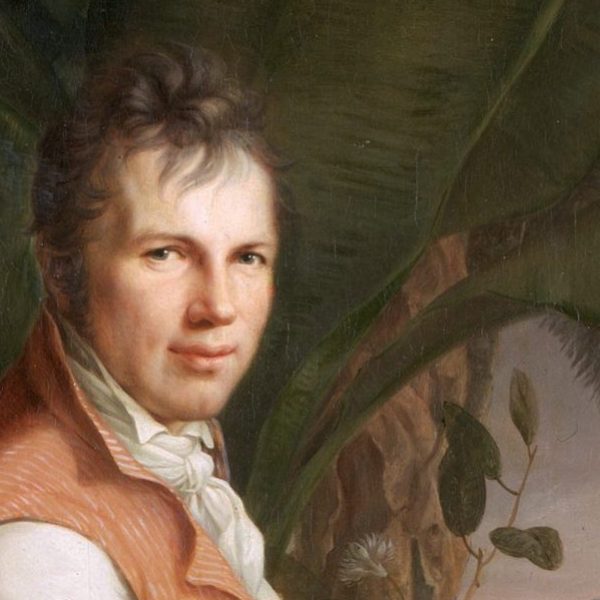Edward J. Larson on the Explorers of the South Pole

Edward J. Larson
Published to coincide with the centenary of the first expeditions to reach the South Pole, An Empire of Ice: Scott, Shackleton, and the Heroic Age of Antarctic Science, by Pulitzer Prize-winning historian Edward J. Larson, is a riveting biographical and scientific account of Antarctic exploration, restoring these expeditions’ status as grand endeavors of science, even though Scott and his party died on the return, failing to reach the Pole first. We sat down with Larson to discuss his engagement with the subject—revealing his own intensive forays into the history of exploration in Antarctica.
Yale University Press: There are many books about Scott, Amundsen, and Shackleton. Why write another one?
Edward Larson: Like my other books, Empire of Ice attempts to say something new about a familiar topic. Most books about Scott and Amundsen focus on their race to the South Pole. Shackleton is most famous for his Endurance voyage. Empire of Ice deals with the remarkable scientific research Scott and Shackleton conducted in Antarctica. So much more happened on their expeditions than simply a race to the pole. These other stories, especially the ones about science, are at least as gripping as the ones about reaching the pole.
 YUP: You’ve written a great deal about evolutionary biology and genetics in the late nineteenth and early twentieth centuries. Is this topic a departure for you?
YUP: You’ve written a great deal about evolutionary biology and genetics in the late nineteenth and early twentieth centuries. Is this topic a departure for you?
EL: As a historian of science, I try to unpack the modern scientific enterprise within its broad cultural and social context. The British polar expeditions of 1900 to 1915 offer a window into both popular and academic science during the Edwardian era. Examining the scientific questions that spawned those expeditions and the amazing efforts made to answer those questions in the field rounds out our understanding of science in the early twentieth century, which is too often seen solely as a time when laboratory research displaced field study. This was also a pioneering period for ecological, environmental, and climate research. By learning about the Antarctic for the first time, scientists gained a deeper understanding of global systems.
YUP: What was most interesting or difficult about writing this book?
EL: Visiting the sites where these early explorers conducted scientific research was an unforgettable experience. Beyond that long trip, however, more than any other book I’ve written, Empire of Ice involved more than a decade of research in libraries and archives around the world. Not only is there an enormous body of primary material about the explorers’ science, much of it untapped, but there is a wealth of both primary and secondary material about the explorers themselves. It is both daunting and humbling to enter this field.

























